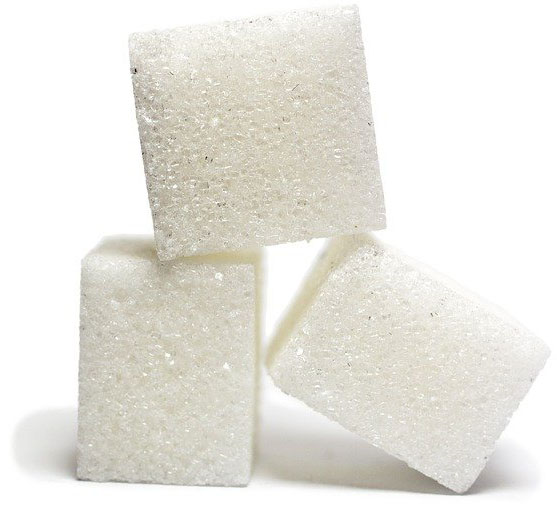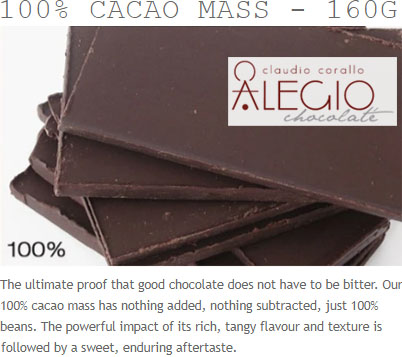It’s Sunday, 24 days after The News.
For once I was able to sleep in. All the way to 8:15. At least my condition appears stable.
Cancer and Diet
When you’re first diagnosed with cancer one of things you might wonder is if there are any cancer-fighting diets. There are also individuals who don’t trust the medical establishment or for other reasons prefer to treat their cancer with extreme diets or homeopathic remedies. I know of one individual who tried a carrot juice diet to treat lymphoma. I don’t know what effect it had – the cancer grew extremely slowly so maybe it did have some benefit, though he eventually underwent immunotherapy. But all that carrot juice did turn him orange.
For me personally, I’d like to do what I can to prevent the cancer from growing and metastasizing before treatment and to “game” my odds during treatment. I’m not looking for an extreme diet and am very happy my medical oncologist has prescribed a weekly visit to McDonalds 🙂. What’s the point of being alive if you’re not living?
The medical community is constantly finding new ways that diet affects cancer (and our bodies in general), so take this post as food for thought (no pun intended!) rather than a guide on what to eat.
The Keto Diet
There’s a lot of talk about how the keto diet is beneficial for those with cancer. The keto diet, which is a very low carb, high fat/protein diet, promotes the production of ketones as a fuel source for your body. Cancer cells apparently are sustained by glucose and can’t utilize ketones. The keto diet also has a side-effect of lowering glucose levels so could be beneficial for those with insulin resistance or diabetes. More on sugar and glucose levels below.
There’s been some animal research supporting that a keto diet is beneficial for cancer patients. For example if you’re a mouse a ketogenic diet can prolong your life if you have systemic metastatic cancer. Fortunately, especially for mice, cheese is on the keto diet. Unfortunately I’m not a mouse, though I do like cheese. (And no, vampires aren’t related to those winged mice called bats. That comes from an unfortunate medieval fashion trend involving black capes.) And when my dog Caper had canine lymphoma I came across a high fat/high protein diet which was said to help with canine cancer. That sounded suspiciously like a canine keto diet. Her oncologist said there’s no evidence that it works, but dogs tended to love it (who doesn’t like a high fat and protein diet?), and to go ahead. Caper certainly did enjoy it!
Research in humans is ongoing, but until something conclusive comes up I’d take an approach like Caper’s: if it doesn’t hurt go right ahead, but be careful about taking it to an extreme. So a Big Mac once a week, but not the extreme OBMAD, or One Big Mac a Day, diet. Of course run any diets by your doctors first.
Intermittent Fasting
Intermittent fasting is usually talked about hand-in-hand with the keto diet since it promotes ketosis. An extreme version is the one-meal-a-day or OMAD diet. My eating habits over the past few years can be described as OMAD on some days and intermittent fasting on others. While I’m not trying to be on a keto diet, I tend to have a large dinner late in the evening. Sometimes I’ll have a slice of bread in the morning. Other than that I generally don’t snack during the day. Except for 100% chocolate. You do need to live after all!
When I asked the medical oncologist about any diet recommendations and mentioned I do something like OMAD she had a concerned expression. She said that caloric intake is important during treatment and especially protein (hamburgers have protein don’t they?). So this is something I’ll continue to follow up on as we head into treatment. I may have to start snacking during the afternoon 🙂.
Sugar and Cancer
There’s a lot of talk that cancer feeds on sugar. And cancer cells do feed on glucose. But then so does every cell in your body.

By the sugar-feeds-cancer theory you should avoid sugary foods and drinks since that’ll promote growth of the cancer. But as the medical community has been finding over the last few decades, just because you put something in your mouth doesn’t mean it ends up that way in your blood. Vampires of course have known about this for a long time. This is true of cholesterol, where for years we were told eating eggs was bad since they’re chock full of cholesterol. As it turns out the relationship between the cholesterol content in food and the cholesterol level in your blood is a bit looser. And of course cholesterol is only one thing to look at when determining if a particular food is “healthy” or not. So, rice and eggs is probably a healthy meal. If I look to my relatives in Hawaii, all of whom have avoided colorectal cancer, I’d say spam, rice and eggs is too! (No doubt I have cancer because I’ve lived too long on the mainland and haven’t been eating enough Spam!”)
Getting back to sugar, the current research suggests that the connection between sugary food and drink and cancer isn’t as direct as some would lead you to believe and there’s a lot of misinformation floating around.
Despite what you eat, your body attempts to regulate your blood glucose level. As diabetics know certain foods can spike your glucose temporarily. But whether and how well your body is able to regulate glucose may be more important than your sugar intake (and for more than just cancer – heart disease and depression are linked to diabetes as well)
Insulin is a primary regulator for blood glucose and insulin resistance (which can lead to type 2 diabetes) appears to be a cancer risk factor. The medical oncologist, and I believe the radiation oncologist, asked if I was diabetic. So if you are pre-diabetic or diabetic it’s worthwhile discussing it with your doctors. For me personally I’ve been watching my fasting glucose levels over the years. From 2009 to 2020 it was bouncing around in the 90s but this year had crossed over to 101. PAMF’s online system automatically flagged this as out of range (100 – 125 puts you technically in the pre-diabetic category). My PCP wasn’t terribly concerned (in 2011 my blood glucose level was 99, then 91 a year later), and it’s just something we should continue to keep an eye on. Fasting glucose levels can vary quite a bit day to day and the values where within that variability.
All that said…it probably doesn’t hurt to exchange those candies for an apple or orange. (Or in my case, mango. With a scoop of no-added-sugar vanilla ice cream.)
Practical, Healthy Diets
Trying to eliminate sugar and refined carbohydrates altogether or going on extreme diets such as keto OMAD are controversial and may even be harmful if you’re undergoing cancer treatment. The medical oncologist mentioned that my body would need good caloric intake and protein (i.e. McDonald’s grilled chicken sandwich) to heal during treatment. A common refrain I’ve heard – from the gastroenterologist, nurse advisor, and the oncologists – is to have a balanced, nutritious diet (ok… McDonald’s grilled chicken sandwich with a side salad?).

Over the years I’ve slowly been adjusting to healthier meals. I’d rather adjust over years, making small tweaks here and there, rather, than face a drastic diet change if, say, I was classed as pre-diabetic. Or diagnosed with cancer. So while I used to eat white rice daily, several years ago I switched to half brown/half white rice (must be cooked in one of those fuzzy logic rice cookers like Zojirushi so it cooks properly!) I’ve even occasionally do a mix of white rice, brown rice, and riced cauliflower. That combo doesn’t seem to go well in Spam, “rice” & eggs though. Whole grain, and now sprouted bread replaced white bread (the Ezekiel cinnamon raisin is delicious, and Trader Joes has it at a reasonable price.) I now check nutrition labels and buy no-added-sugar items, like no-added-sugar peanut butter, when I can. At Micky D’s the Big Mac was substituted with a chicken sandwich and finally by a grilled chicken sandwich with mustard instead of mayo. And then of course there’s chocolate. Out with the 70% stuff and in with 95+%. Smooth and palate-pleasing100% chocolates do exist! If you’re ever in Palo Alto stop by Alegio and sample their 100% cocoa mass. High percentage chocolate is also said to be anti-cancer and heart-healthy.
And you’ve no doubt already read what I’ve done with mac & cheese.
There’s still a bit controversy on whether brown rice is better than white rice and sprouted bread better than whole grain in terms of their impact on blood glucose levels. But even if they aren’t better from a blood glucose standpoint, they’re generally more nutritious and and as far as I know not harmful. (There’s absolutely no question that 100% chocolate is all-around-better than milk chocolate, or, heaven forbid, white chocolate!)
